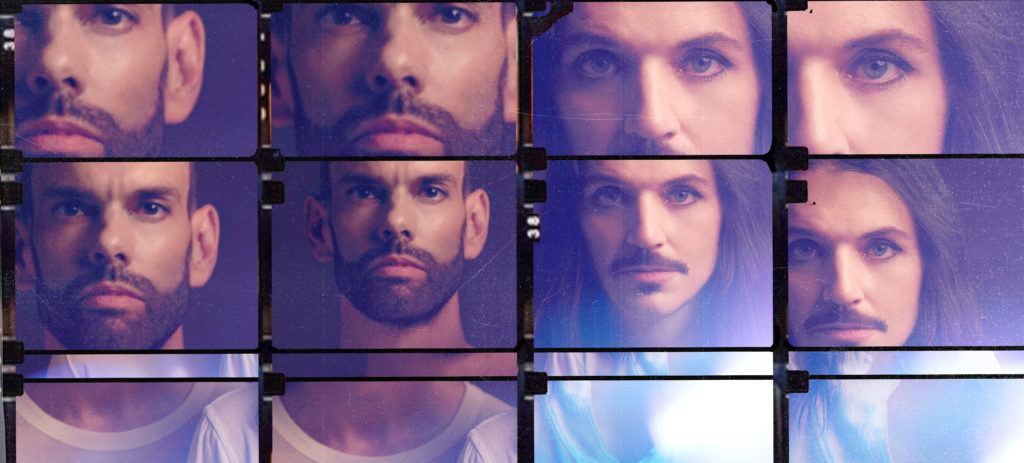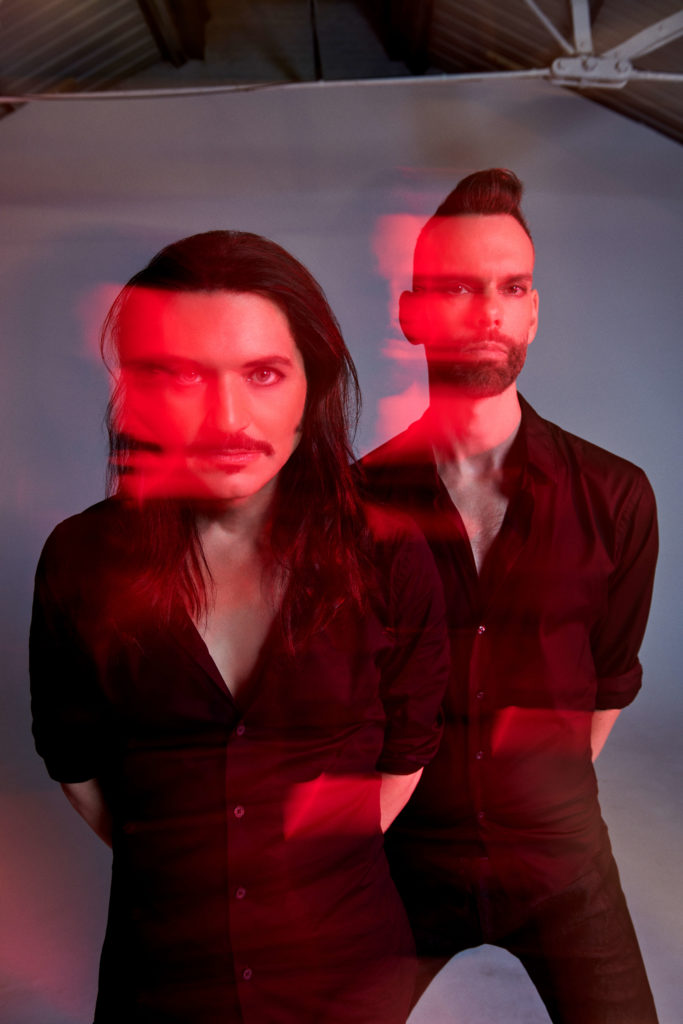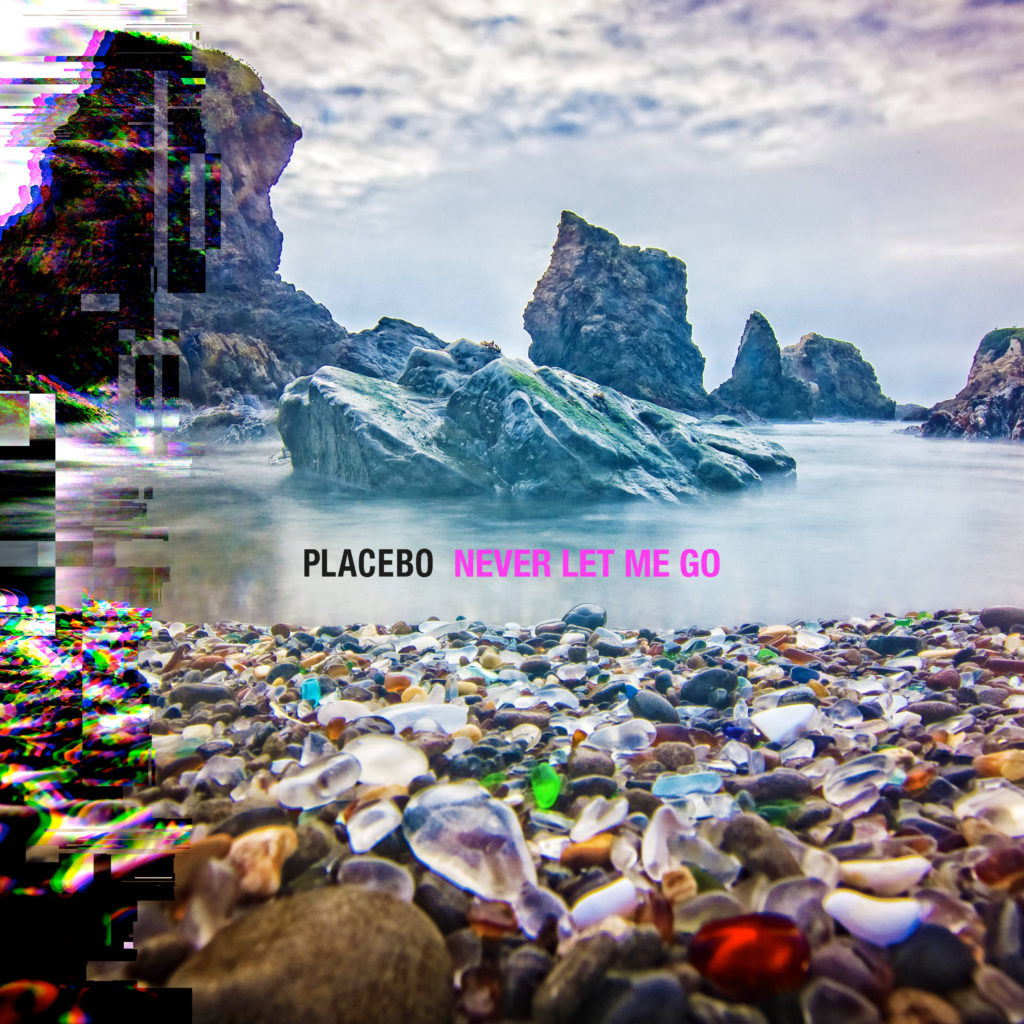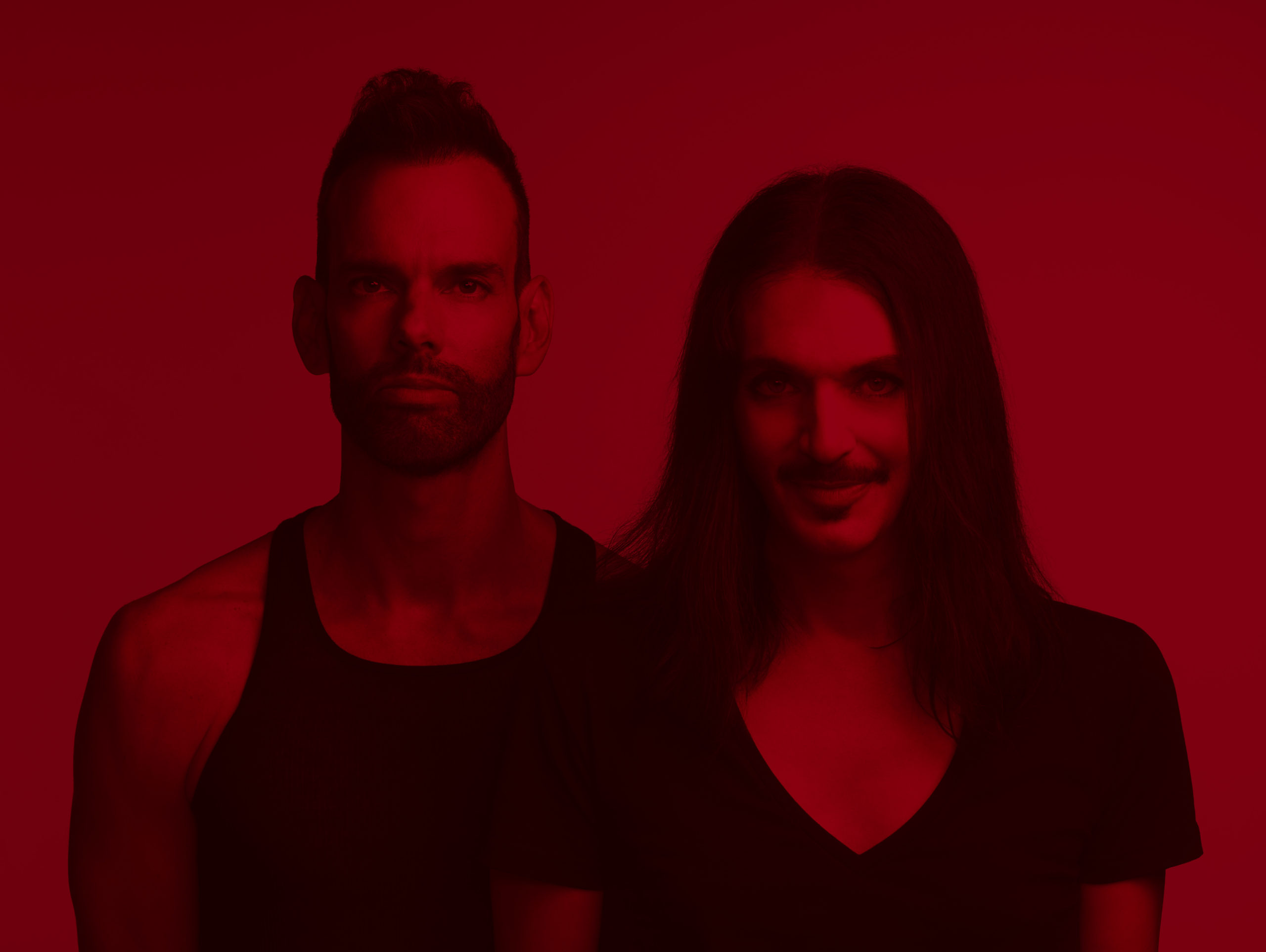After nearly a decade, alternative rock band Placebo is back with a new full-length album, “Never Let Me Go”. In an interview, Brian Molko talks about the new album, its themes, and how the band has been coping these past two years during the pandemic.
“Never Let Me Go” had been a work in progress for a while. The album had been mostly done even before the pandemic hit, but it went through delays due to the lockdown, much to the band’s chagrin. Molko said that his state of mind had been revolving around “anticipation, mild frustration, and impatience.”
“This has been a long time coming, and the album’s been delayed for a considerable amount of time,” Molko said. “We have to kind of restart and go back into this kind of rock and roll machine.”

Molko called himself a “catastrophizer” because he had a tendency to think that everything will go wrong. Needless to say, the pandemic was not a pleasant experience on the band’s nerves, especially not for Molko. With the world having to go on a pause, and the band’s performances along with it, Molko had started to feel uncertain as to whether or not the band had a future. He thinks that they are very lucky to still have an audience after all these years; it is something that Molko has come to depend on, and in turn, it became one of the things he became insecure about during the lockdown.
The lockdown meant that they couldn’t perform for an audience, and the possibility of not having any concerts ever again became hauntingly real. “No matter how f***ed up your life gets, you know how messy everything is or how many disasters happen in a row, there’ll always be an audience for you to go and do a show, and that was taken away during lockdown.” For Molko, he had never really doubted that the band would always have a future, but with the pandemic putting the world on hold, he started asking himself, “Do I have a future?”

For Placebo, their previous records have been known for having personal titles to them – “Without You I’m Nothing” and “A Place For Us To Dream” are some examples of this. With the title “Never Let Me Go”, Molko hopes to continue that tradition of having an album title that speaks to their audience, something that can make people feel a connection even from just the title of their album. As for the specific choice of title, “Never Let Me Go” is inspired by Kazuo Ishiguro’s novel of the same name, which Molko says is one of his favorite books.
For Placebo, their music tends to paint the world with bleak colors – they don’t sugarcoat their music; in fact, they use their music as a platform for staring harsh realities in the face. “Never Let Me Go” is no exception to that style, and considering the timing of the album’s release, some would wonder: is “Never Let Me Go” a true reflection of the world we are living in today?
For Molko, he says that “Never Let Me Go” doesn’t explicitly reflect the pandemic in particular. He shared that about 85 percent of the lyrics were written before the pandemic hit.
“Lyrically, it was important for me not to make a record about the plague,” Molko said. “I think it would just have dated everything just phenomenally from the start. It’s similar to what I’ve said to people who ask me, sometimes it’s just about making records and it’s just whatever you do, don’t try and be fashionable because by the time you’ve finished your record, fashion will have changed and you’ll be unfashionable.”
“Never Let Me Go” reflects themes of issues and matters that, according to Molko, are “very, very much in the news,” and that includes climate disasters, capitalism, the issue of surveillance crossing the line of privacy, among many others. And of course, as a Placebo piece, it also possesses themes in relation to the feeling of not having a place in the world, feeling manipulated by others, feeling that the universe seems to want to push you to be something you’re not, and the band’s way of resisting that pressure.

However, while “Never Let Me Go” does reflect such bleak themes, accompanying it all is a sense of hope, a feeling that despite how apparent the dark days are right now, there is an idea of holding onto the hope that brighter days will eventually come.
Other POP! stories you might like:



